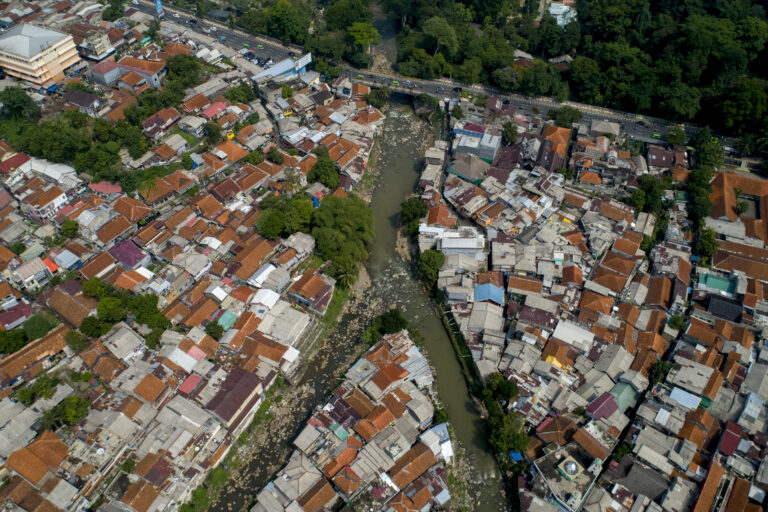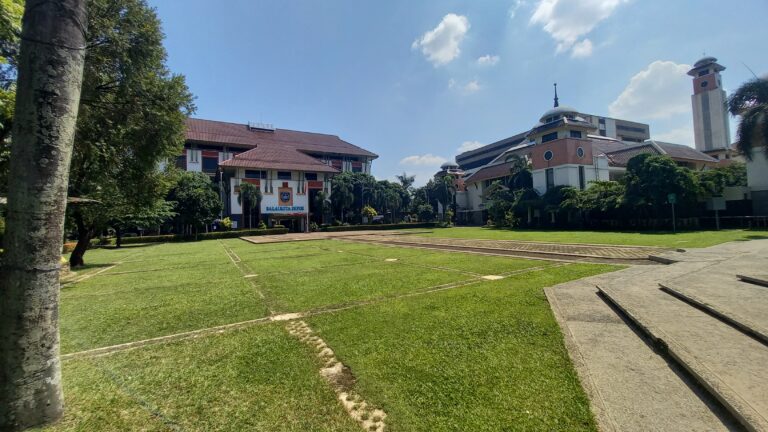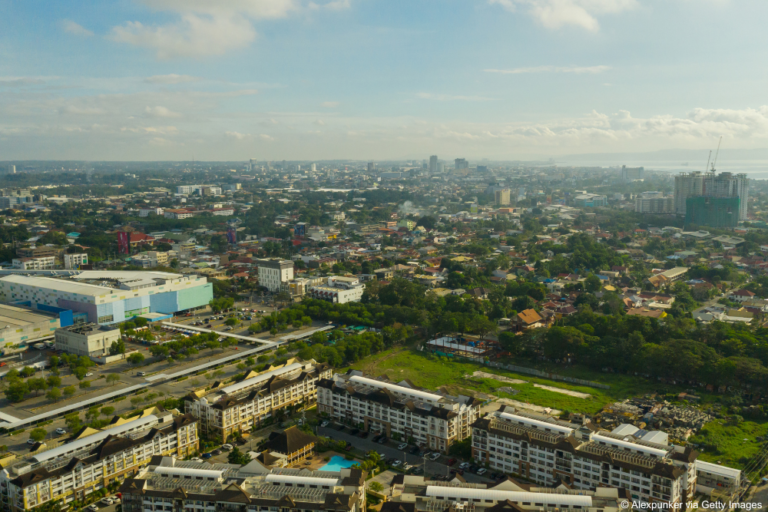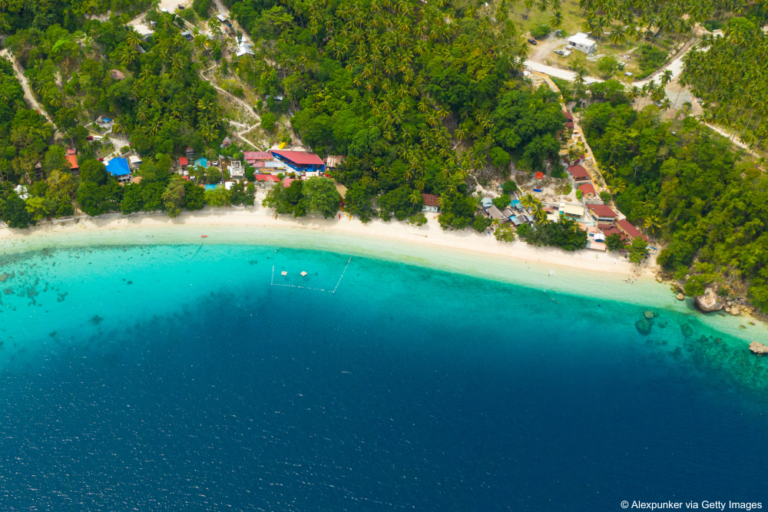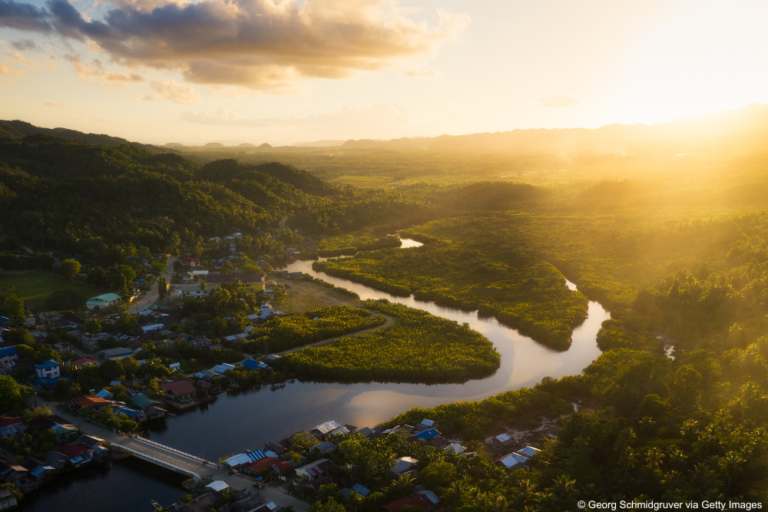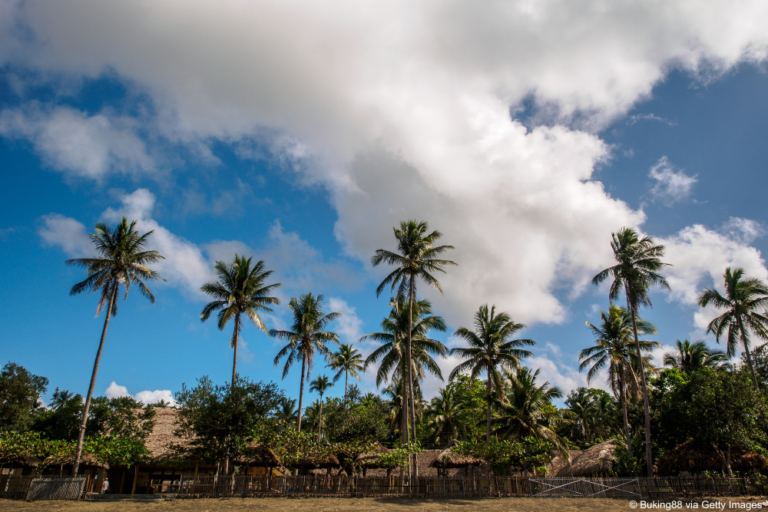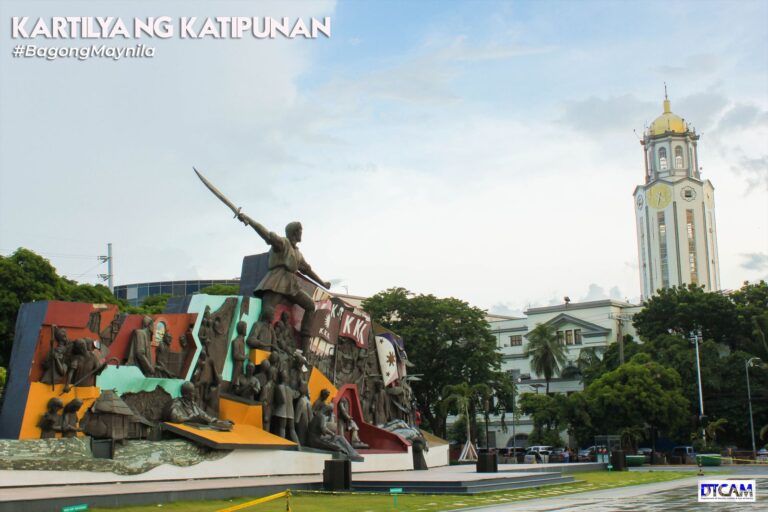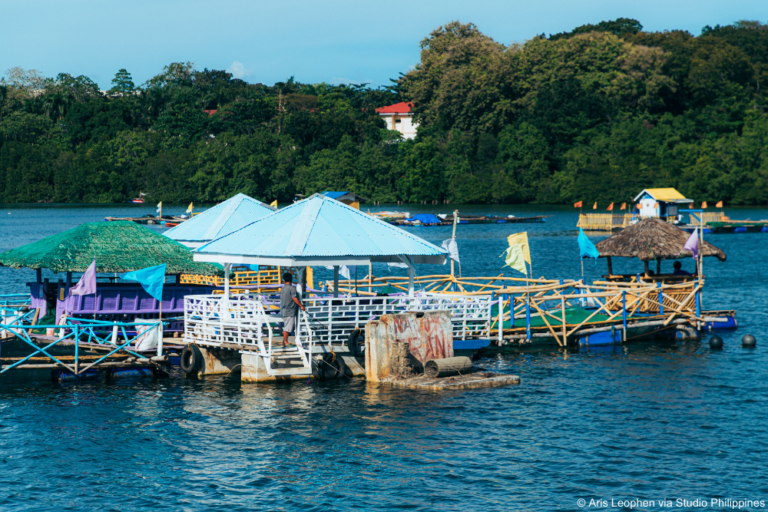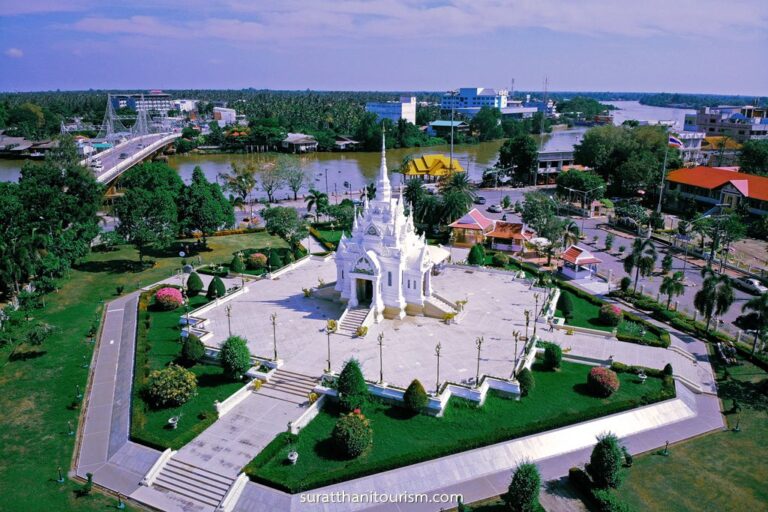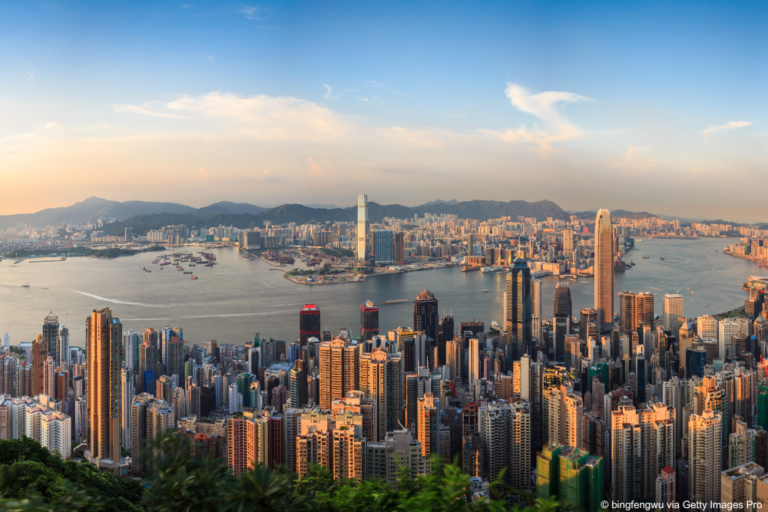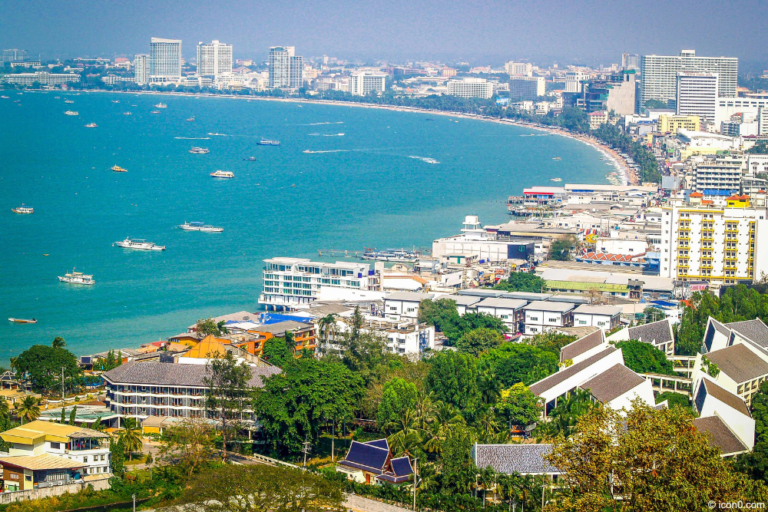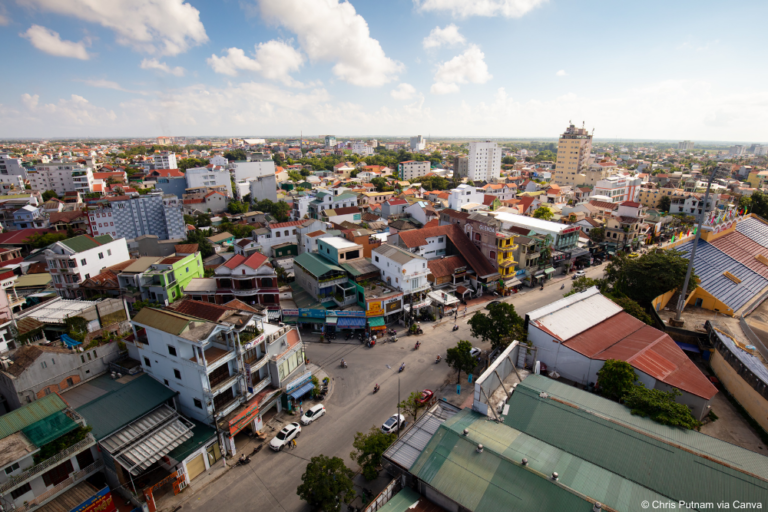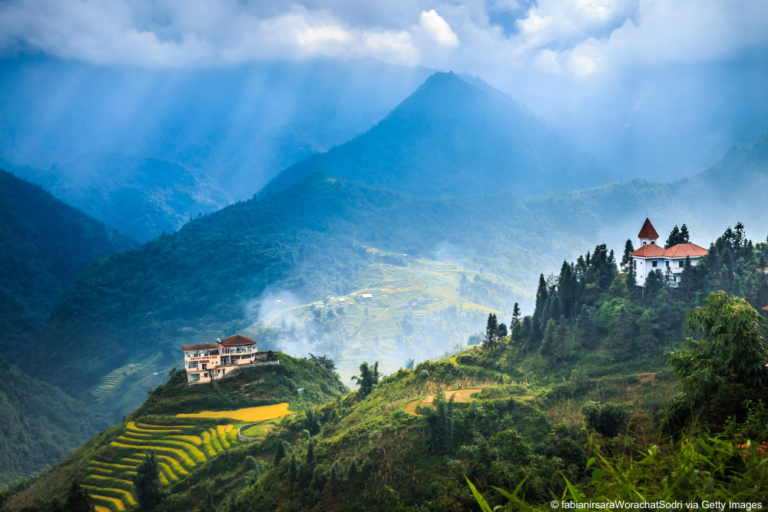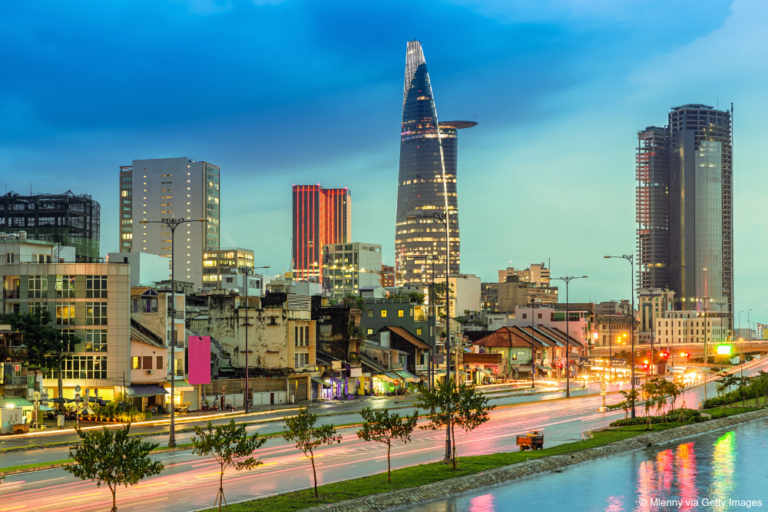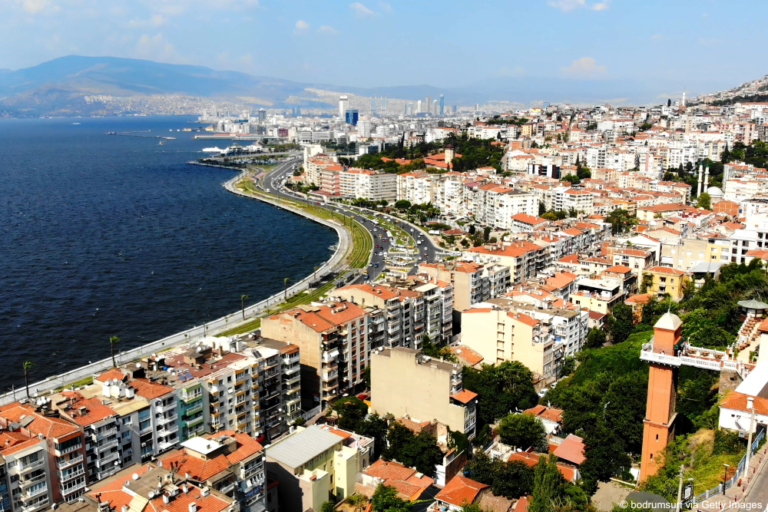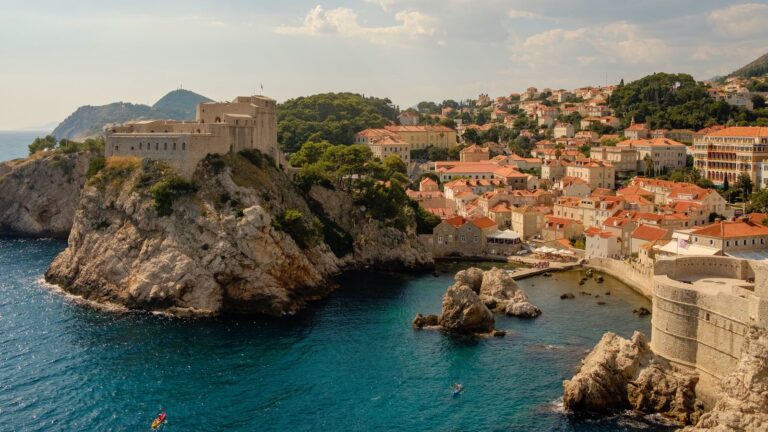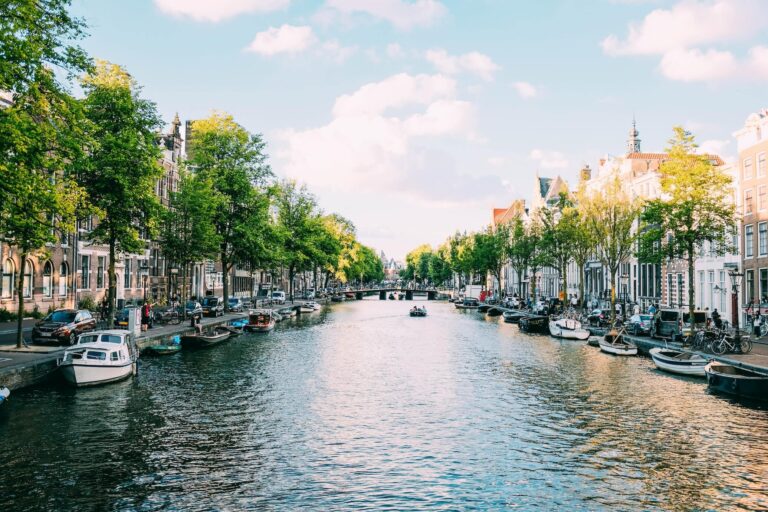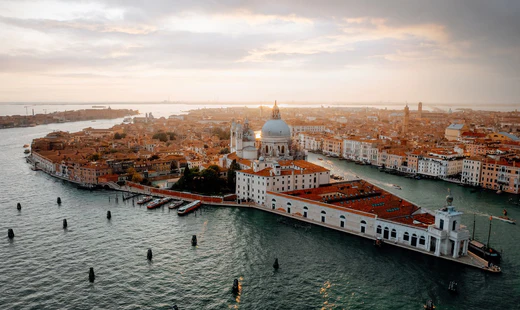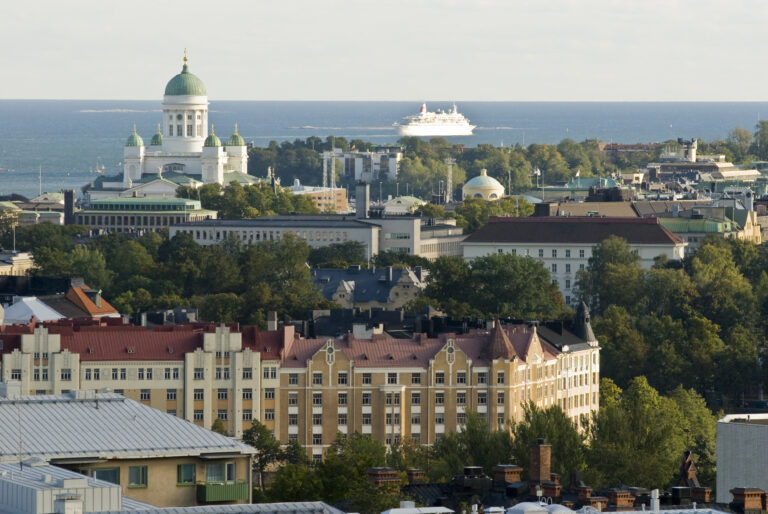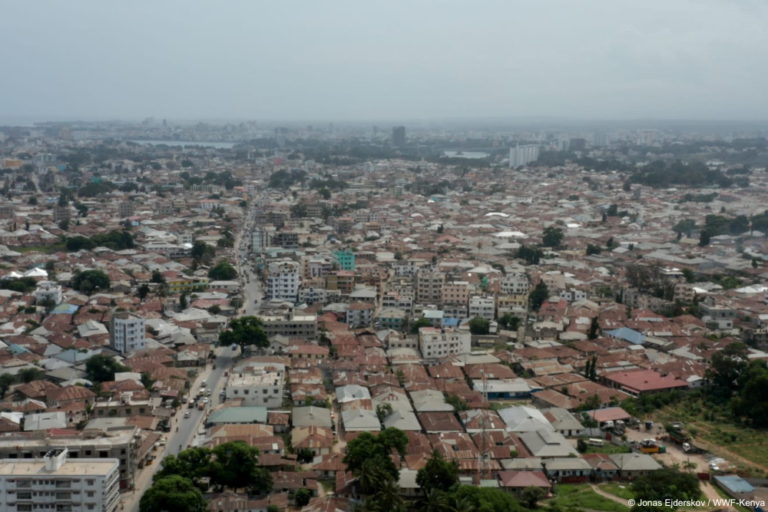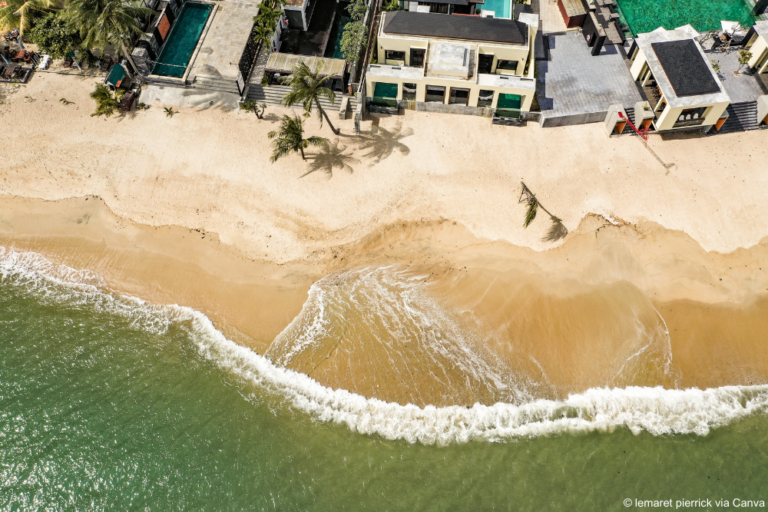Songkhla City Municipality is situated in situated in Bo Yang Subdistrict, the cape between Songkhla lake with High Seas Side (Gulf of Thailand), covering an area of 9.27 sq.km. Most areas are coastal plain, slope from High Seas Side to Lake Side, the outline of areas as small long cape along south to north to the sea. There is beautiful and clear Samila Beach. Songkhla Municipality is a historical city and center of Thai, Chinese, Muslim, and western cultures. There are a variety of tourist attractions, both natural attractions and historical sites, including local products.
The heavily urbanized Songkla Municipality, with 74,797 inhabitants, currently generates 34,805 tons of solid waste per year. Although, there is no exact schedule time for waste collection service, the municipality provides residents with daily service, collecting 33,185 tons/year. A remaining 1,343 tons of unmanaged waste is retained in the environment per year. The municipality sorts 4,057 tons/year for recovery, while the remaining 29,405 tons/year is sent for final disposal at Ko Taeo Sub-District. Informal waste pickers also sort an additional 227 tons/year at the dump site. Plastic leakage is influenced by infrastructure and behavior practices in the different stages, from generation and collection to sorting, transportation and disposal. The most signification leakage influencers are represented by formal collection.
1. Plastic Waste Prevention
- Train local volunteers, including community leaders, youths and the elderly clubs, to be local trainers which are able to transfer knowledge and skills for community leaders and villagers in reducing single-use plastics (SUPs) (e.g., plastic bags, plastic cups, plastic straws), promoting alternative SUPs-free products (cloth bags, tiffins, reusable plastic boxes, drinking glasses), proper waste separation, and disposal, law and regulation about solid waste management. Provide public signs, media and local volunteers to advise tourists about proper waste separation and disposal as well as alternative SUPs-free products promotion at tourist attractions, beaches, and religious sites.
- Launch public campaign to raise awareness in the SUPs reduction, waste source separation, proper waste disposal, and impacts from improper management. The campaign should be launched proactively via collaboratively networking with households, educational institutions, schools, universities, religious sites, local entrepreneurs, and civil society organizations with a clearly defined common goals, performance indicators and timeframe.
- Notify that the tourist attractions (as Songkhla old town, and beaches), government office building, and public space in the municipal area are SUPs-free area. Local entrepreneurs, including hotels and resorts, manufacturer, retailers and wholesalers, restaurants, cafes, and religious sites, and government agencies is restricted to use, sell and distribute in SUPs-free area while the use of alternative SUPs-free packages and products (paper cup, bag, box, straw) is enhanced via promotional pricing. Reward system by municipality, ie. issuance green certification by Department of Environmental Quality Promotion (DEQP) or environmental academic institutions, could be used to motivate the entrepreneurs.
- Notify that municipal schools or any schools in the municipal area is SUPs-free area. Those schools in SUPs-free area are restricted to use, sell and distribute while the use of alternative SUPs-free packages and products (paper cup, bag, box, straw) is enhanced via promotional pricing. Reward system by municipality, ie. issuance green certification by DEQP or environmental academic institutions, could be used to motivate the schools.
- Request the cooperation from the courier service providers and the local restaurants that provide food delivery service in the municipal area to restrict the use of SUPs packages and products while the use of alternative SUPs-free packages and products is enhanced via promotional pricing. Reward system by municipality, ie. issuance green certification by DEQP or environmental academic institutions, could be used to motivate the schools.
2. Plastic Waste Collection
- Establish a separated waste collection system for municipality (including bin and vehicle for source-separated wastes including organic waste, recycled plastic waste, electronic/hazardous waste, and general waste). Separated waste collection system is likely to enhance source-separation, reduce the landfills waste, and increase efficiency of household hazardous waste management.
- Request the cooperation from local entrepreneurs, including hotels and resorts, manufacturer, retailers and wholesalers, restaurants, cafes, and religious sites, and government agencies for having waste source separation system.
- Enhance a functional capacity of waste collection service in the municipal area. Number and distribution of waste collecting points and the frequency of waste collecting services particularly during weekends and public holidays in the municipal area would be increased. The community communication system via representatives or online communication platform should be established to report any problem related to municipal waste collection system (ie. garbage overflow, dirty bin), hence the municipality is able to quickly response to those.
- Establish a waste collection system for uncollected waste in the canal (particularly one which flow through community) ie. installing waste booms/traps at the canal’s mouth to collect the floating wastes prior to enter into the lake or sea.
3. Plastic Reuse and Recycling
- Establish non-recyclable plastic waste management system including source separation, collection and disposal process. For disposal, any nearby waste-to-energy plants may be requested by municipality to fuel with the collected non-recyclable plastic waste without any expense.
- Explore the technical feasibility, the implementation practices and piloting in utilizing municipal organic waste.
- Collaborate with private sectors (particularly the manufacturers and distributors of home chemicals and beverage products) which have implemented voluntary EPR (Extended Producer Responsibility) mechanism and the Thailand Institute of Packaging and Recycling Management for Sustainable Environment (TIPMSE) to pilot the EPR implementation at tourist attractions and government offices in the municipal area.
- Enhance incentive for local waste recycling business, for instance, providing minimum waste buy-back price guarantee or allowing the installation of recycled plastic/metal refund machine in public areas without any expenses etc.
- Establish an online trading platform for recycled and organic waste that both waste buyers and sellers are able to real-time share the waste information for trading including the location, quantity, type and the offer price of waste. The online trading platform could reduce the transaction cost between buyers and sellers, hence increase the offer price and the market size of waste.
- Capacity building in design and development of local packages and products from recycled plastics and local plastic-free materials for local community enterprises, in collaboration with local universities, civil society organizations, and Thailand Creative & Design Center (TCDC).
4. Other focus areas and measures
- Capacity building in any relevant technologies and processes about community-based waste management for government and municipal officers who are responsible in waste management, and local volunteers (including community leaders and youths) via hands-on workshop activities.
- Promote effective market mechanisms and distribution channels for local packages and products from recycled plastics and local plastic-free materials, in collaboration with local universities and Digital Economy Promotion Agency (DEPA).
On 20 February 2025, Plastic Smart Cities (PSC), in partnership with the Songkhla Old Town Community, unveiled two impactful street art pieces by Mr. Jaroen Rattanavijit. These artworks serve as striking visual narratives, raising awareness about ocean conservation, the protection of endangered species, and effective waste management practices. By using art as a medium, they aim to inspire action and foster a deeper connection to environmental stewardship.
The Plastic Cycle: A Challenge We Can Overcome
This painting highlights the impact of plastic waste on marine ecosystems. It encourages people to be more mindful of how they dispose of plastic waste and break the cycle of pollution.
Irrawaddy Dolphins: The Smile to Cherish in Songkhla Lake
To raise awareness of the critically endangered Irrawaddy dolphin, with only 14 individuals left in Songkhla Lake
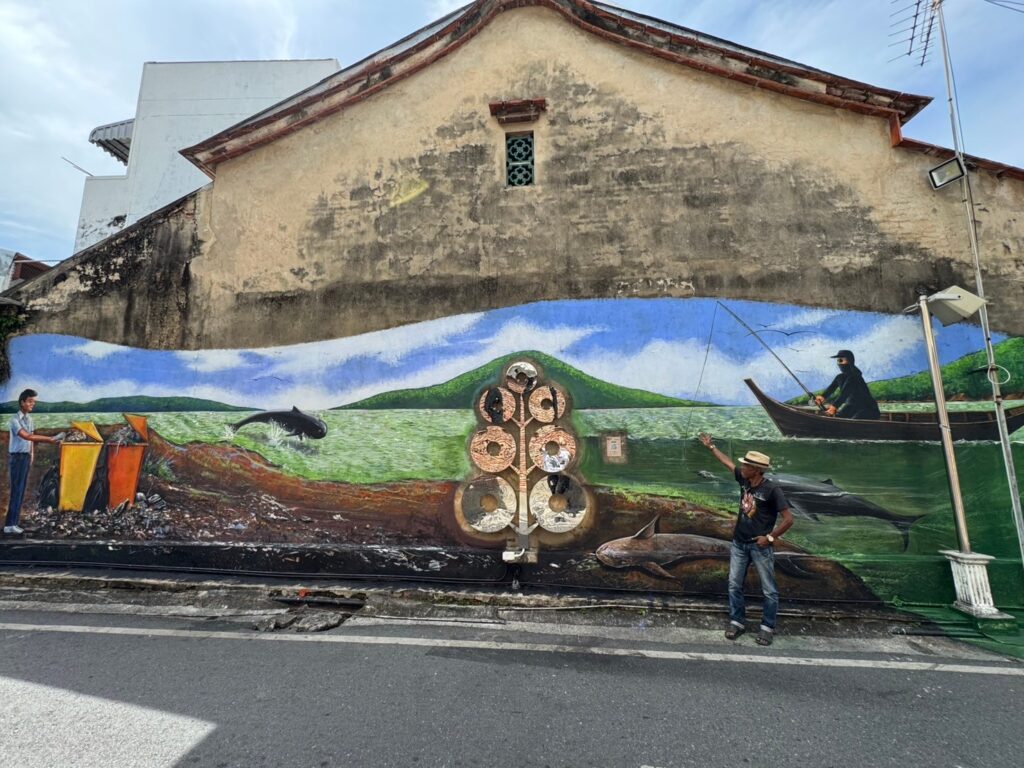
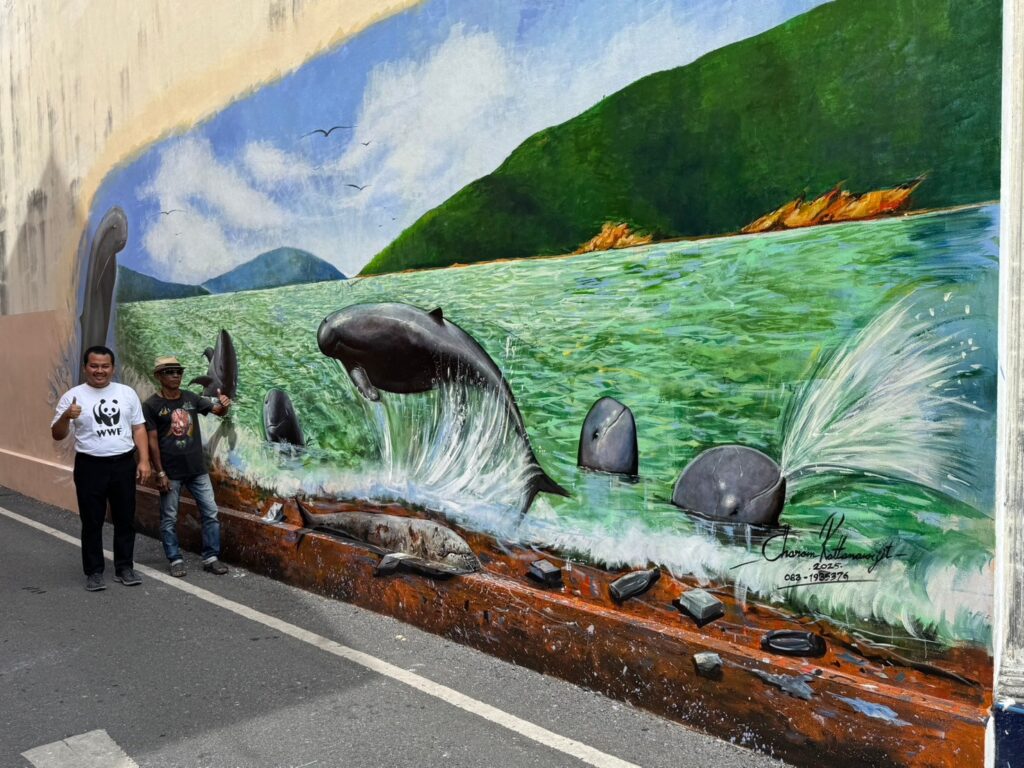
Explore More Cities
SONGKHLA
The heavily urbanized Songkla Municipality, with 74,797 inhabitants, currently generates 34,805 tons of solid waste per year.

CITY: Songkhla
COUNTRY: Thailand
POPULATION: 57,089 (Jan, 2023)
SIGNED DECLARATION: 11 January 2023
MAYOR: Mr. Wanchai Prinyasiri
CITY CONTACT: Mr. Soonthorn Thongsom
OFFICIAL WEBSITE: https://www.songkhlacity.go.th/
CONNECT: https://www.facebook.com/SongkhlaMunicipality
Songkhla City Municipality is situated in situated in Bo Yang Subdistrict, the cape between Songkhla lake with High Seas Side (Gulf of Thailand), covering an area of 9.27 sq.km. Most areas are coastal plain, slope from High Seas Side to Lake Side, the outline of areas as small long cape along south to north to the sea. There is beautiful and clear Samila Beach. Songkhla Municipality is a historical city and center of Thai, Chinese, Muslim, and western cultures. There are a variety of tourist attractions, both natural attractions and historical sites, including local products.
The heavily urbanized Songkla Municipality, with 74,797 inhabitants, currently generates 34,805 tons of solid waste per year. Although, there is no exact schedule time for waste collection service, the municipality provides residents with daily service, collecting 33,185 tons/year. A remaining 1,343 tons of unmanaged waste is retained in the environment per year. The municipality sorts 4,057 tons/year for recovery, while the remaining 29,405 tons/year is sent for final disposal at Ko Taeo Sub-District. Informal waste pickers also sort an additional 227 tons/year at the dump site. Plastic leakage is influenced by infrastructure and behavior practices in the different stages, from generation and collection to sorting, transportation and disposal. The most signification leakage influencers are represented by formal collection.
1. Plastic Waste Prevention
- Train local volunteers, including community leaders, youths and the elderly clubs, to be local trainers which are able to transfer knowledge and skills for community leaders and villagers in reducing single-use plastics (SUPs) (e.g., plastic bags, plastic cups, plastic straws), promoting alternative SUPs-free products (cloth bags, tiffins, reusable plastic boxes, drinking glasses), proper waste separation, and disposal, law and regulation about solid waste management. Provide public signs, media and local volunteers to advise tourists about proper waste separation and disposal as well as alternative SUPs-free products promotion at tourist attractions, beaches, and religious sites.
- Launch public campaign to raise awareness in the SUPs reduction, waste source separation, proper waste disposal, and impacts from improper management. The campaign should be launched proactively via collaboratively networking with households, educational institutions, schools, universities, religious sites, local entrepreneurs, and civil society organizations with a clearly defined common goals, performance indicators and timeframe.
- Notify that the tourist attractions (as Songkhla old town, and beaches), government office building, and public space in the municipal area are SUPs-free area. Local entrepreneurs, including hotels and resorts, manufacturer, retailers and wholesalers, restaurants, cafes, and religious sites, and government agencies is restricted to use, sell and distribute in SUPs-free area while the use of alternative SUPs-free packages and products (paper cup, bag, box, straw) is enhanced via promotional pricing. Reward system by municipality, ie. issuance green certification by Department of Environmental Quality Promotion (DEQP) or environmental academic institutions, could be used to motivate the entrepreneurs.
- Notify that municipal schools or any schools in the municipal area is SUPs-free area. Those schools in SUPs-free area are restricted to use, sell and distribute while the use of alternative SUPs-free packages and products (paper cup, bag, box, straw) is enhanced via promotional pricing. Reward system by municipality, ie. issuance green certification by DEQP or environmental academic institutions, could be used to motivate the schools.
- Request the cooperation from the courier service providers and the local restaurants that provide food delivery service in the municipal area to restrict the use of SUPs packages and products while the use of alternative SUPs-free packages and products is enhanced via promotional pricing. Reward system by municipality, ie. issuance green certification by DEQP or environmental academic institutions, could be used to motivate the schools.
2. Plastic Waste Collection
- Establish a separated waste collection system for municipality (including bin and vehicle for source-separated wastes including organic waste, recycled plastic waste, electronic/hazardous waste, and general waste). Separated waste collection system is likely to enhance source-separation, reduce the landfills waste, and increase efficiency of household hazardous waste management.
- Request the cooperation from local entrepreneurs, including hotels and resorts, manufacturer, retailers and wholesalers, restaurants, cafes, and religious sites, and government agencies for having waste source separation system.
- Enhance a functional capacity of waste collection service in the municipal area. Number and distribution of waste collecting points and the frequency of waste collecting services particularly during weekends and public holidays in the municipal area would be increased. The community communication system via representatives or online communication platform should be established to report any problem related to municipal waste collection system (ie. garbage overflow, dirty bin), hence the municipality is able to quickly response to those.
- Establish a waste collection system for uncollected waste in the canal (particularly one which flow through community) ie. installing waste booms/traps at the canal's mouth to collect the floating wastes prior to enter into the lake or sea.
3. Plastic Reuse and Recycling
- Establish non-recyclable plastic waste management system including source separation, collection and disposal process. For disposal, any nearby waste-to-energy plants may be requested by municipality to fuel with the collected non-recyclable plastic waste without any expense.
- Explore the technical feasibility, the implementation practices and piloting in utilizing municipal organic waste.
- Collaborate with private sectors (particularly the manufacturers and distributors of home chemicals and beverage products) which have implemented voluntary EPR (Extended Producer Responsibility) mechanism and the Thailand Institute of Packaging and Recycling Management for Sustainable Environment (TIPMSE) to pilot the EPR implementation at tourist attractions and government offices in the municipal area.
- Enhance incentive for local waste recycling business, for instance, providing minimum waste buy-back price guarantee or allowing the installation of recycled plastic/metal refund machine in public areas without any expenses etc.
- Establish an online trading platform for recycled and organic waste that both waste buyers and sellers are able to real-time share the waste information for trading including the location, quantity, type and the offer price of waste. The online trading platform could reduce the transaction cost between buyers and sellers, hence increase the offer price and the market size of waste.
- Capacity building in design and development of local packages and products from recycled plastics and local plastic-free materials for local community enterprises, in collaboration with local universities, civil society organizations, and Thailand Creative & Design Center (TCDC).
4. Other focus areas and measures
- Capacity building in any relevant technologies and processes about community-based waste management for government and municipal officers who are responsible in waste management, and local volunteers (including community leaders and youths) via hands-on workshop activities.
- Promote effective market mechanisms and distribution channels for local packages and products from recycled plastics and local plastic-free materials, in collaboration with local universities and Digital Economy Promotion Agency (DEPA).
To be updated
Explore other cities in Thailand

Geocoding Error Occured.
Tried to Geocode:
Error Type:
Please be sure to follow the tutorial on how to setup the Google APIs required for the Advanced Google Map Widget.
Google Map API Key Tutorial
